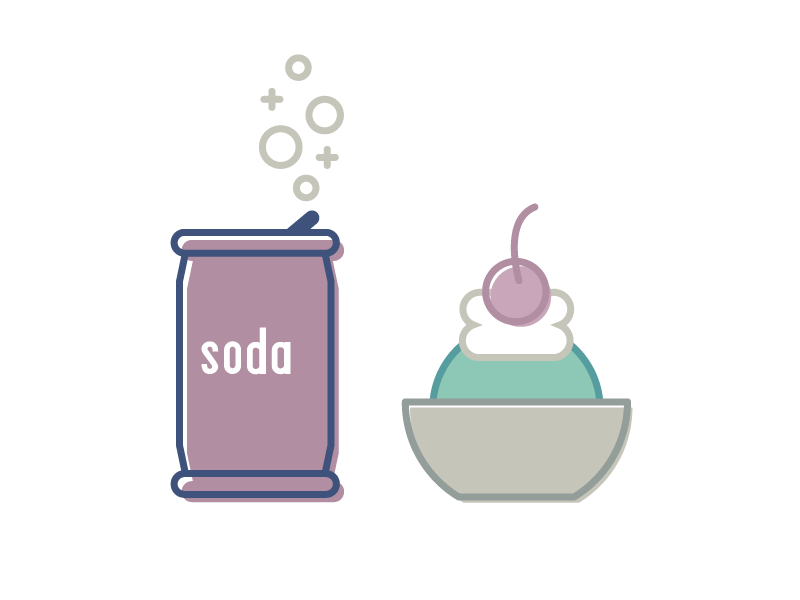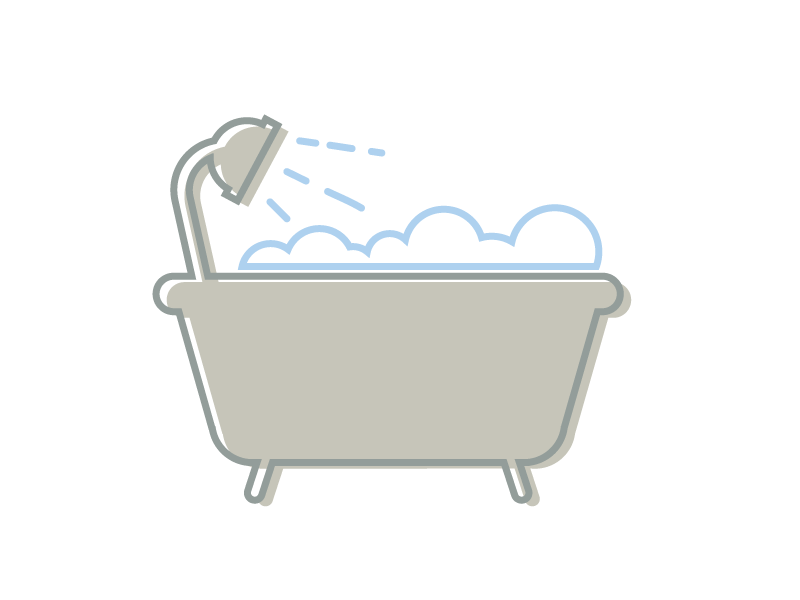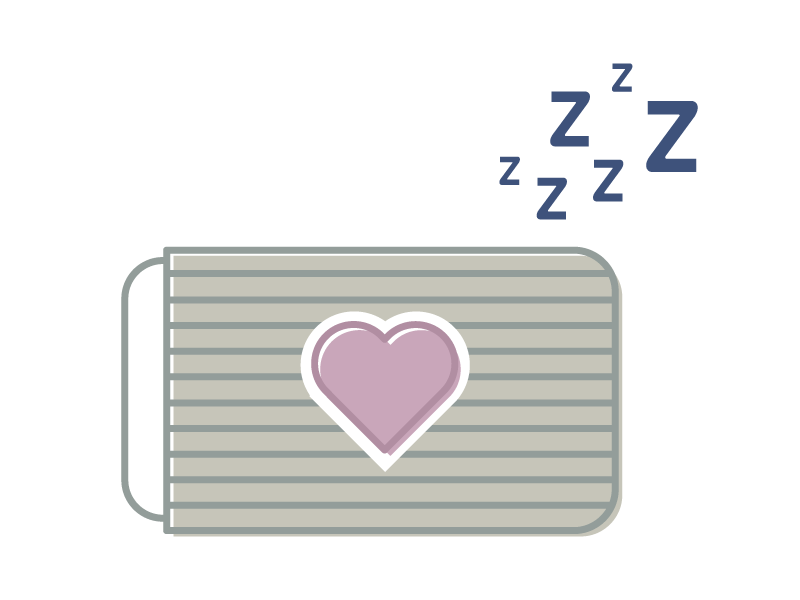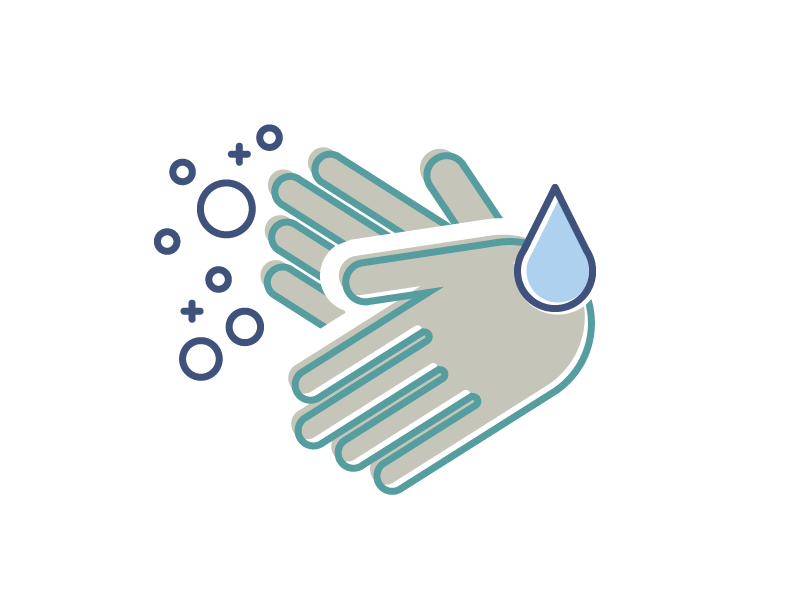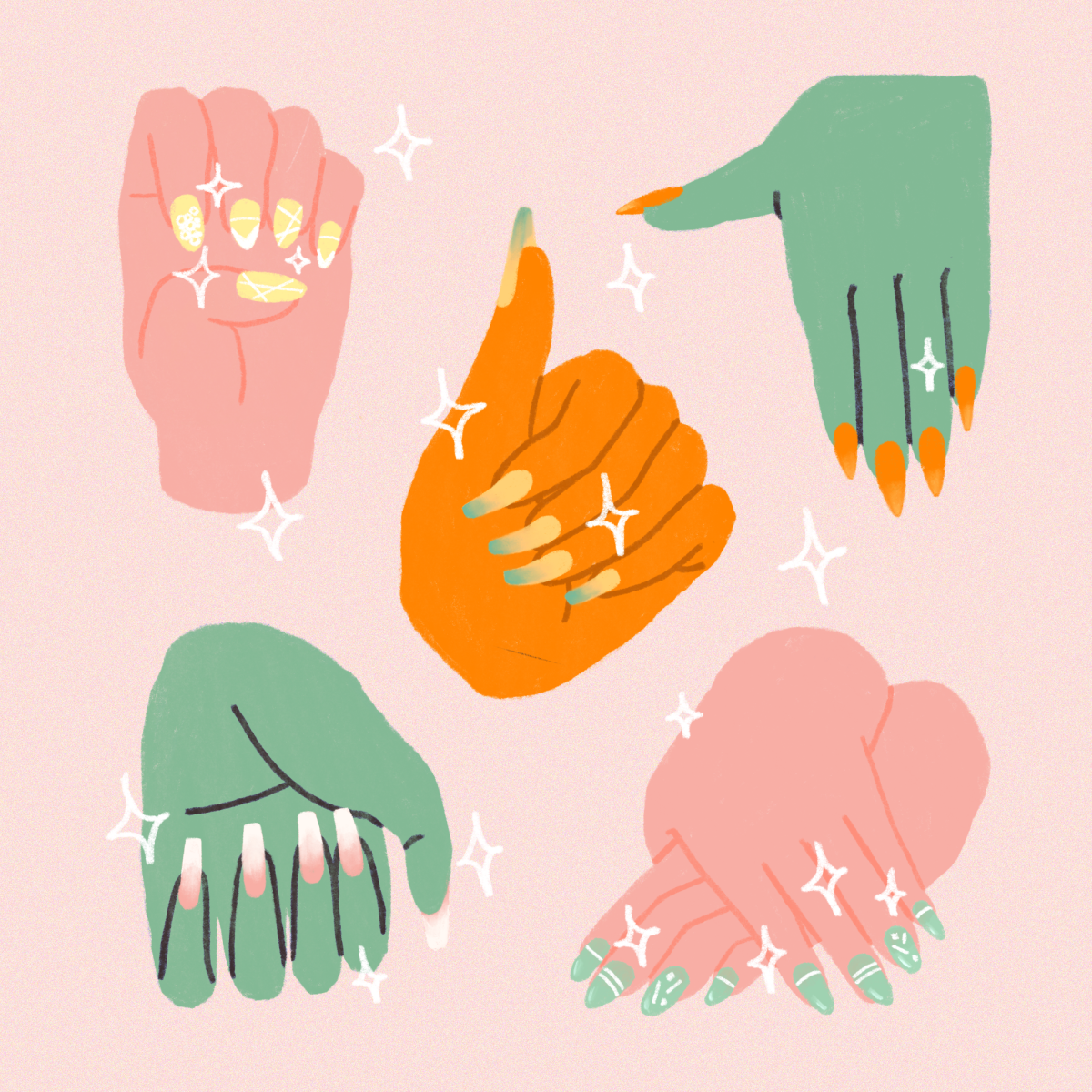Story by Itohan Osagie
Illustrations by Ryan Hicks
Suddenly, you’re overwhelmed by a sense of exhaustion that prompts you to contemplate the consequence of not finishing the 50-page readings you’re only halfway through. As you look at the clock, your eyes begin to droop, but you manage to make it through, finishing at your usual time of 1:30 a.m. After showering and finally climbing into bed, you decide that your diligence permits a few minutes on social media, which leads you to only four restless hours of sleep.
Sound familiar?
Even when we find enough time to get the recommended eight hours of sleep, it never seems to be enough. With the likelihood of a lighter course load being slim to none, how should you cope? The trick is to enhance the quality rather than the quantity of sleep. Below are seven simple tips to master the art of beauty sleep:
Watch what you eat and drink before bed
It’s easy to pick up a piece of chocolate or glass of wine after hours of studying, but that small indulgence can hinder your ability to fall asleep. Foods rich in fats and drinks containing alcohol or caffeine — a central nervous system stimulant — should be avoided close to bedtime. Your body digests these items quickly, causing you to either wake up repeatedly or stay awake altogether.
Instead, reach for snacks like bananas, which contain natural muscle-relaxants magnesium and potassium, or cherries, which have melatonin, a natural sleep-promoting hormone. If you’re still experiencing difficulty falling asleep, drink a cup of warm milk or caffeine-free tea before bed, warming the body and inducing drowsiness.
Remove makeup and thoroughly wash your face
This may simply seem like a reiteration of what your mother has told you before, but the consequences of not washing your face can be severe. Sleeping in your makeup can lead to issues such as skin irritation, enlarged pores, dry skin and premature aging. No matter how tired you are or how little makeup you applied that day, it is essential to take it off before going to bed. While makeup removal wipes are effective, cleansing masks and brushes such as a Clarisonic ensure that all makeup is completely gone before your head hits the pillow. Depending on your level of DIY expertise, you can create your own mask on a budget using simple kitchen ingredients like oatmeal and baking soda. Make sure to follow your deep clean with a light moisturizer to prevent dry skin.
Wind down with a hot bath or shower
There’s nothing more relaxing than a hot shower after a long day of school and work. The hot temperature and steam generate a feeling of sleepiness and tranquility, and when paired with therapeutic bath salts or lavender body wash, a shower will release tension and help ease your body and mind. Longer showers may seem like a good idea, but it is important to move into a cooler environment after a searing shower. The hot water relaxes and soothes the muscles, but prolonged exposure can cause an increased body temperature and make it difficult to fall asleep later on. If possible, lower the temperature of your room before showering. By making your room temperature cooler than usual, the body won’t retain the increase in heat that would prevent you from falling asleep.
Put your hair up in a top knot
The cotton in your pillowcase causes friction that results in frizz and can lead to breakage, not to mention the oils from your hair can cause breakouts on your face. The best solution? Pull your hair up and secure it away from your face. If you’re feeling adventurous, try a more elaborate overnight hairstyle, which you can find on a variety of blogs that offer videos and guides. Whether it’s a topknot, braid or just a quick ponytail with a no-crease hair tie, a few minutes of hair care before bed will minimize time spent on your hair in the morning — meaning you can sleep in — and increase your hair health.
Use a satin pillowcase
An alternate to the previous tip is investing in a satin pillowcase. Unlike cotton, satin doesn’t rub against your hair with as much friction, so you can leave your hair down while sleeping and keep the damage minimal. You’ll also find that sleeping on satin will leave your hair softer and tangle-free because the fabric does not strip and absorb your hair’s moisture. An added benefit of satin pillowcases is how soft they are on skin, ideal for people who have more sensitive skin or problem irritation. A satin pillowcase is a great investment for both your hair and skin, but tends to be pricier than a regular pillowcase. If you’re not ready to splurge, a less expensive satin hair wrap will also suffice.
Moisturize your hands and feet
Throughout the day our skin endures constant sun and air exposure that can cause dryness and irritation, but this damage can be repaired by nighttime moisturizing, best when done I immediately following a bath or shower so the moisturizer can be completely absorbed during the night. Apply a water-based lotion to lightly moisturize, but a thicker and richer, fragrance-free cream for problem dryness. Look for products that contain aloe, shea butter, oatmeal and most importantly ceramides, which both protect and retain moisture in your skin. The Body Shop offers a wide variety of body creams with these suggested ingredients, including a shea butter foot cream that does great damage control for dry skin.
Put your phone down
Ironically, you’re most likely reading this story on your mobile device. It’s common knowledge that staying up late looking at the LCD light of your phone interferes with your sleep schedule, but research shows that the artificial light from your phone also keeps your body from releasing melatonin at a necessary rate. In the absence of this natural sleep-agent, our minds remain alert, which makes it difficult to fall asleep. The best thing to do is to place your phone out of arm’s length and on silent (not vibrate) to decrease the chances of grabbing it in the middle of the night. If you rely on your phone as your alarm clock, either restrict your phone to remaining under a pillow nearby — unused during the night — or invest in a non-digital alarm clock that won’t strain your eyes as you’re coming in and out of sleep.
Skipping these important steps could be the difference between a night of tranquil restoration and futile downtime. By incorporating these quick and easy tips into your nighttime routine, you will transform your beauty and your sleep.
































